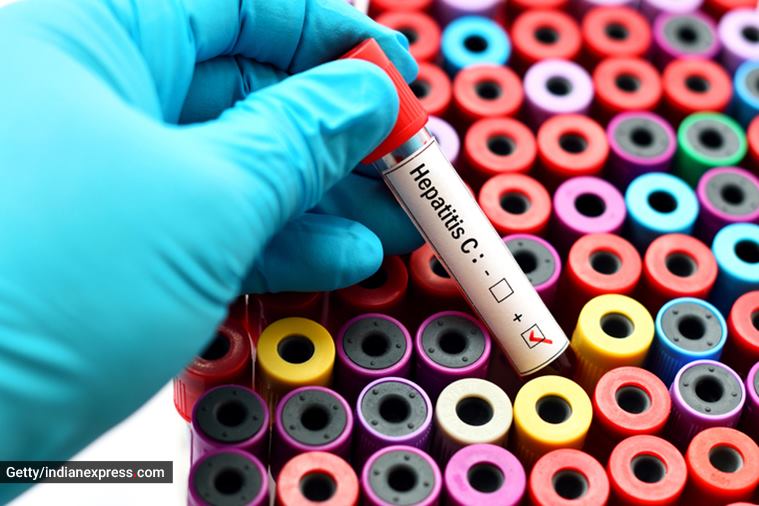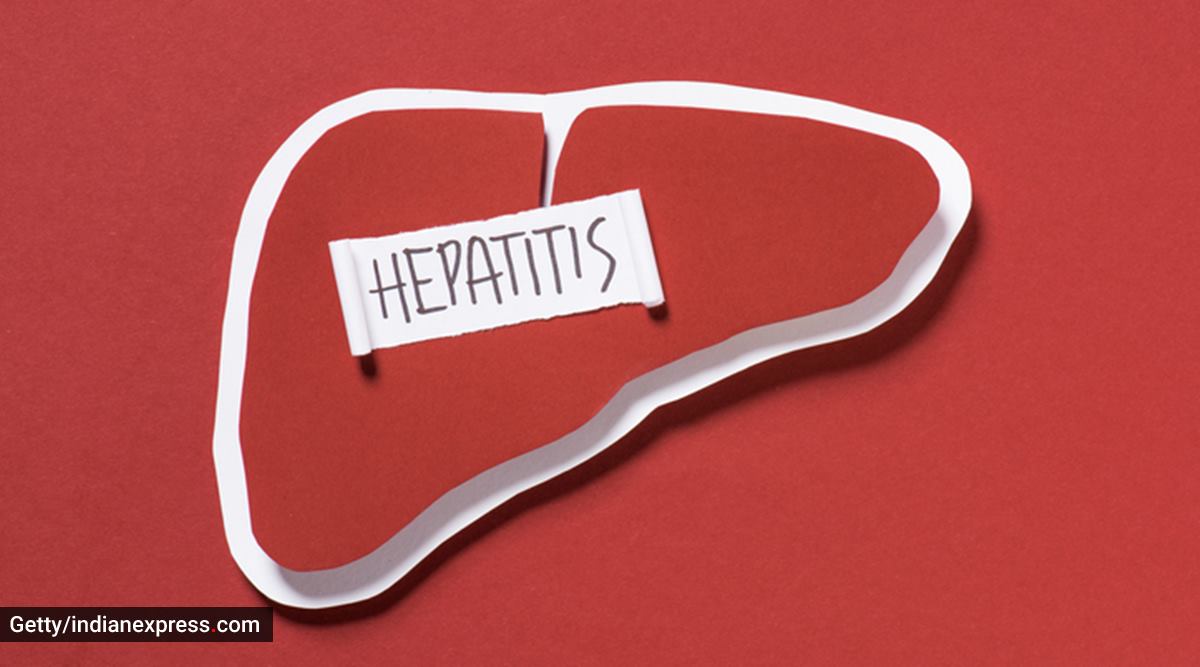World Hepatitis Day 2021: Follow these hygiene practices to stay away from the disease
Hygiene plays a huge role when it comes to health and well-being, and the pandemic has sufficiently proven it. On World Hepatitis Day today, it needs to be understood that sharing needles, having unprotected sex, and drinking large amounts of alcohol can put you at a higher risk of contracting the hepatitis virus.
Dr Rakesh Patel, consultant gastroenterologist at Fortis Hospital Kalyan explains that hepatitis is an inflammation of the liver that can cause complications. “The liver is a vital organ that processes nutrients, filters the blood, and fights infections. When it is inflamed or damaged, its function can be affected.”
Common forms of viral hepatitis include:
1. Hepatitis A: This does not lead to chronic infection and usually has no complications. The liver usually heals within several months. Occasional deaths from hepatitis A have occurred due to liver failure, and some people have required a liver transplant for acute infection. Hepatitis A can be prevented by vaccination.
2. Hepatitis B: It is transmitted through contact with infectious body fluids, such as blood, vaginal secretions, or semen. Injection drug use, having sex with an infected partner or sharing razors with an infected person increase your risk of getting hepatitis B. The earlier in life it is contracted, the more likely it is to become chronic. People can carry the virus without feeling sick but can still spread it. It can be prevented by getting a vaccine.
3. Hepatitis C: About 75 per cent to 85 per cent of patients with hepatitis C develop a chronic liver infection. It often does not show any symptoms. No vaccine is available yet to prevent it.
4. Hepatitis D: Hepatitis D only happens to people who are infected by the hepatitis B virus. If you are vaccinated against hepatitis B, you will be protected against hepatitis D.
5. Hepatitis E: This type of hepatitis is spread by ingesting contaminated food or water. Hepatitis E is common throughout the world. Even though vaccines exist, they are not available everywhere.
 About 75 per cent to 85 per cent of patients with hepatitis C develop a chronic liver infection. (Photo: Getty/Thinkstock)
About 75 per cent to 85 per cent of patients with hepatitis C develop a chronic liver infection. (Photo: Getty/Thinkstock)
Tips for prevention
Hepatitis is a preventable disease and the following precautions can keep you safe.
* Practising good hygiene is key to avoid contracting hepatitis A and E. If you’re travelling, you should avoid:
– Local water
– Ice
– Raw or undercooked shellfish and oysters
– Raw fruit and vegetables
* Hepatitis B, C, and D contracted through contaminated blood can be prevented by:
– Not sharing drug needles
– Not sharing razors
– Not using someone else’s toothbrush
– Not touching spilled blood
* Hepatitis B and C can also be contracted through sexual intercourse and intimate sexual contact. Practising safe sex by using condoms and dental dams can help decrease the risk of infection.
* Vaccination is another effective way to stay protected against hepatitis A and B. Experts are currently developing vaccines against hepatitis C. Above all, prevention, hygiene practices, and vaccination are the most effective tools.
For more lifestyle news, follow us: Twitter: lifestyle_ie | Facebook: IE Lifestyle | Instagram: ie_lifestyle
For all the latest health News Click Here

